Raising Young Athletes
Raising Young Athletes
Parenting Your Children to Victory in Sports and Life
Jim Taylor, Ph.D.
Rowman & Littlefield
Lanham Boulder New York London
Published by Rowman & Littlefield
An imprint of The Rowman & Littlefield Publishing Group, Inc.
4501 Forbes Boulevard, Suite 200, Lanham, Maryland 20706
www.rowman.com
Unit A, Whitacre Mews, 26-34 Stannary Street, London SE11 4AB
Copyright 2018 by The Rowman & Littlefield Publishing Group, Inc.
All rights reserved. No part of this book may be reproduced in any form or by any electronic or mechanical means, including information storage and retrieval systems, without written permission from the publisher, except by a reviewer who may quote passages in a review.
British Library Cataloguing in Publication Information Available
Library of Congress Cataloging-in-Publication Data
Names: Taylor, Jim, 1958 author.
Title: Raising young athletes : parenting your children to victory in sports and life / Jim Taylor.
Description: Lanham, Maryland : Rowman & Littlefield, [2018] | Includes bibliographical references.
Identifiers: LCCN 2018003508 (print) | LCCN 2018018615 (ebook) | ISBN 9781538108123 (electronic) | ISBN 9781538108116 (hardback : alk. paper)
Subjects: LCSH: Sports for childrenPsychological aspects. | Parent and child.
Classification: LCC GV709.2 (ebook) | LCC GV709.2 .T39 2018 (print) | DDC 796.083dc23
LC record available at https://lccn.loc.gov/2018003508
 The paper used in this publication meets the minimum requirements of American National Standard for Information SciencesPermanence of Paper for Printed Library Materials, ANSI/NISO Z39.48-1992.
The paper used in this publication meets the minimum requirements of American National Standard for Information SciencesPermanence of Paper for Printed Library Materials, ANSI/NISO Z39.48-1992.
Printed in the United States of America
Contents
Acknowledgments
I want to thank my book assistant, Zachary Vidic, for his unwavering commitment of time and energy in providing the research background that acted as the foundation for Raising Young Athletes and the quotes that bring my ideas to life. What is now Raising Young Athletes wouldnt have been possible without him.
I also want to express my deepest gratitude to my wife, Sarah, for her love and support in what has been an always exciting, sometimes quixotic, and occasionally stressful journey that is my career.
Finally, I want to express my love and appreciation to my daughters, Catie and Gracie, both competitive athletes, who have allowed me to use them as research subjects for my ideas about how to raise young athletes, for the passion, determination, and joy they bring to their athletic efforts, and for helping me be the best sport parent I can be.
Introduction
S ports can be a truly amazing environment in which to raise children. The benefits they gain from athletic participation are many. Children experience the wonderful benefits of physical health and activity, including exercise, fitness, vitality, and mastery of their bodies. They also learn about themselves as people, including how they think, how they feel, and how they behave and perform in a variety of sport-related settings.
Psychological and emotional areas in which sports help children figure out who they are include their passions, commitment, confidence, focus, discipline, and resilience, just to name a few. From these experiences and the self-knowledge that emerges, sports can play a significant role in how your children develop and who they become as adults. Athletic life can shape their self-identity, self-esteem, and goals, and the future directions their lives take.
Sports also influence childrens social development. The opportunities your young athletes are presented with in terms of teammates, coaches, teamwork, and competition against opponents and rival teams can have an immense impact on how they learn to communicate, respond to conflict, and develop relationships as they progress toward adulthood. The mentorships they establish with coaches and the enduring friendships that evolve with teammates can leave a lasting impression on your children. Perhaps most importantly, the relationship you and your children develop through your familys shared athletic experiences can not only leave them with a lifetime of family memories but also provide you and them with the foundation for lifelong connection based on love and common interest.
Sports also resonate deeply with children because they areor should bean extension of play, something young human beings and, in fact, all young animals seem to have an innate propensity for. Play is an important training ground for adulthood, whether a bear cub or a child. Play allows young beings to learn, practice, and ingrain essential physical, personal, and social skills in preparation for adulthood. Sports serve the same purpose, just in a more organized setting.
Sports also resonate deeply with children because they can experience a sense of connection and fulfillment that is quite unique from other achievement-oriented activities in which they might participate, for example, school or the performing arts. Mastering new skills, pushing themselves physically, overcoming challenges, sharing the inevitable highs and lows of competition with their teammates, and, yes, winning are just a few of the ways in which the athletic experience can transcend its own rule-bound existence. The satisfaction that can be garnered from your childrens deep immersion in sports can be a source of immense meaning that can nourish their bodies, minds, and spirits.
Finally, sports are just plain fun. Sports are, as I just mentioned, just organized play, and children revel in the opportunity to play. The simple act of play, whether running, jumping, throwing (a baseball or football), kicking (a soccer ball), hitting (a tennis or golf ball), or any number of other ways in which children play, touches children in such a pure and unadulterated way that can be readily seen in the smiles and laughter these activities frequently elicit. In sum, sports are a wonderful place to help your children grow into successful, happy, and capable people.
A New Youth Sports Landscape
But this idyllic view of your childrens sports participation is no longer a forgone conclusion in this early part of the 21st century. To the contrary, during the past several decades, there has been a marked change in how children experience sports, that is, in fact, providing them with a very different, and oftentimes unhealthy, athletic experience. This shift can not only prevent your young athletes from gaining the many benefits of sports involvement but also actively inhibit their athletic, personal, and social development, and do actual physical and psychological harm to them.
This change in youth sports was likely a trickle-down effect of the similarly significant changes that occurred at the highest level of sport, including collegiate, professional, and Olympic sports. Due largely to the infusion of television money into sports, athletes can now attain both wealth and fame as never before. And it is the seductive lure of those riches and celebrity that has twisted youth sports almost beyond recognition.
This new youth sports landscape has created a new type of sport parent, one more concerned with fulfilling their own athletic dreams through their children. This new iteration of sport parents has made competitive results the false god to which they worship, believing early sports success by their children is essential for them to become superstars. How distorted have the perceptions of sport parents become? A 2016 survey reported that 26 percent of parents believed their children would become professional athletes. The actual number is many digits to the right of the decimal point.
Next page


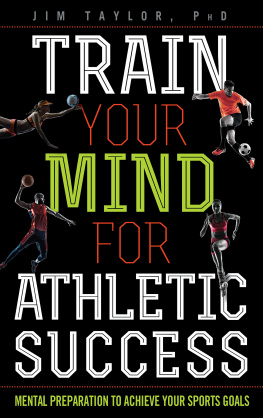
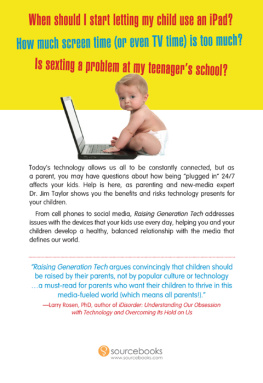

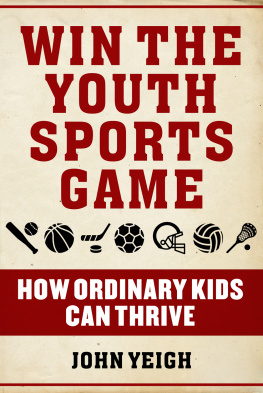




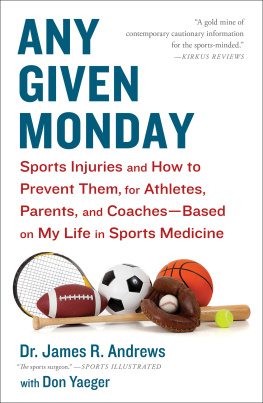
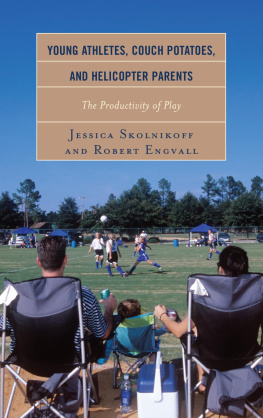

 The paper used in this publication meets the minimum requirements of American National Standard for Information SciencesPermanence of Paper for Printed Library Materials, ANSI/NISO Z39.48-1992.
The paper used in this publication meets the minimum requirements of American National Standard for Information SciencesPermanence of Paper for Printed Library Materials, ANSI/NISO Z39.48-1992.